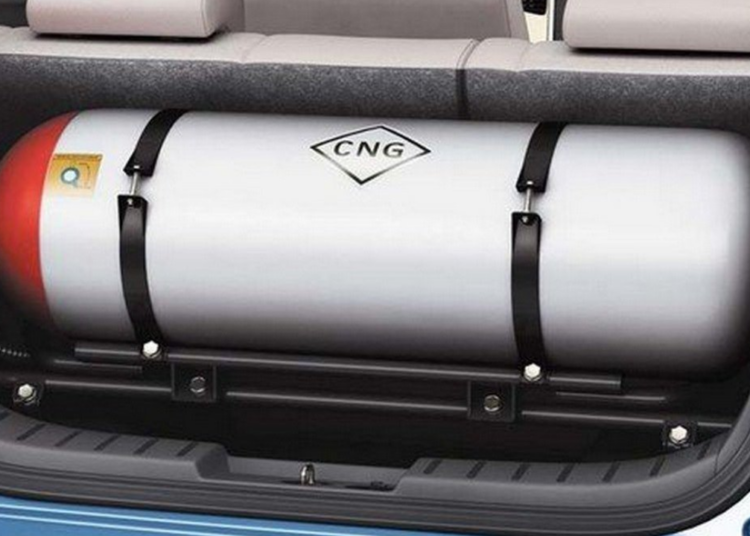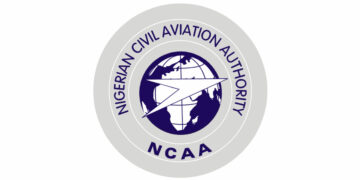There are growing concerns over efforts by Nigerians to adopt alternative automotive fuel as the current conversion statistics for various categories of vehicles from petrol to Compressed Natural Gas (CNG) have has been described as outrageous and likely to complicate government’s efforts in addressing the rising cost of pump price of Premium Motor Spirit (PMS), also called petrol, LEADERSHIP learnt.
From the data obtained by our correspondent, conversion of petrol vehicles of 1.6 litre engine would cost between N300,000 and N400,000 while tricycles with 4 Stroke Engine will cost between N100,000 to N200,000.
However, lorries and vans will cost as high as N1.8 million while 4 Stroke Petrol generator engines will cost about N90,000.
On the economic scale, a converted petrol vehicle can only consume N40 per kilometre which saves the owner 40 per cent, while a tricycle consumes N10 per kilometre with savings of between 50-75 per cent against petrol while a converted truck consumes N360 per kilometre.
The document suggests a palliative package of N200 billion to support conversion of one million vehicles, N200 billion to convert two million tricycles and about N250 billion for five million power generating sets.
Data obtained by LEADERSHIP from the Nigeria LPG Association (NLPGA), provides cost differentials between a gas engine truck and a diesel engine truck as well as conversion costs for other categories of petrol engines.
Following the removal of petrol subsidy and escalating cost of pump price of petrol in the country, Nigerians are now seeking alternative automotive fuels, especially gas which has been described as affordable and environmentally friendly.
However, experts have warned of the consequences of patronising quacks in the conversion process.
The federal government had, in 2020, put in motion programmes aimed at utilising the country’s huge gas reserves, which include the National Gas Expansion Programme and the National Autogas Roll-out Initiative.
Government sees the availability of autogas as an alternative fuel that will afford Nigerians a cheaper, cleaner and eco-friendly option, with lesser impact on vehicles. It projected that about one million cars would be converted before the end of 2021.
The PwC Nigeria also estimates that economic activities stimulated by the domestic utilisation of Nigeria’s recoverable proven gas reserve has the potential to generate a Gross Value Add, GVA, of $18.3 billion yearly to the domestic economy and $10.5 billion through direct economic value addition, with Liquified Natural Gas (LPG) contributing $1.3 billion, and its excess allied components, Propane and Butane, contributing a further $2 billion of this, which compares to generating annual export value of $7 billion.
Also, PwC projected that harnessing the country’s proven reserves for domestic utilisation can also support 6.5 million full time equivalent jobs annually.
However, in driving the programme, the NLPGA has released a joint document with the Nigerian Gas Association (NGA), the Association of Local Distributors of Gas and the Lagos Chamber of Commerce and Industry (LCCI).
LPG group further explained what engines can use autogas , the various types of autogas, commercial benefits of autogas and proposed palliatives that government can embrace and offer to the public.
The NLPGA said it is already investing in research and training and has already unveiled a training and resource centre project which on completion will provide over 30 areas of study in a curriculum based on the field of gas operations, usage and safety among others.
The managing director, Asiko Energy, and president of the Nigerian LPG Association, Felix Ekundayo, recently spoke on liquefied petroleum gas (cooking gas) price movements in Nigeria as well as the implications of converting fuel consumption vehicles to compressed natural gas.
Ekundayo raised concerns about infrastructure gap and conversion costs, which may drive people to engage the services of unqualified persons.
We’ve got the edge. Get real-time reports, breaking scoops, and exclusive angles delivered straight to your phone. Don’t settle for stale news. Join LEADERSHIP NEWS on WhatsApp for 24/7 updates →
Join Our WhatsApp Channel










